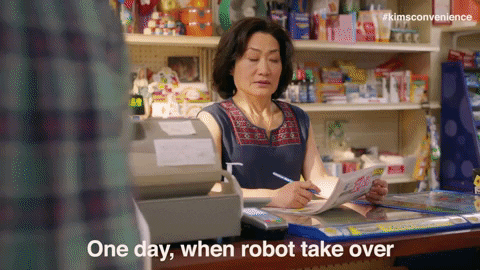
TL;DR
-
Vitalik Buterin (or ‘ETH Daddy’ as he’s affectionately known as here at W3D), just did an AMA where he discussed two particularly interesting questions related to AI.
-
His main fear is: “The risk that crypto stagnates, things like privacy and open internet infrastructure become lost causes.”
-
He mostly thinks about: “AI-related issues,” (noting the existential risks stemming from advancements in AI); and “how/if the Ethereum community could productively engage on them.”
Full Story
Vitalik Buterin (or ‘ETH Daddy’ as he’s affectionately known as here at W3D), just did an AMA hosted on an app built on the decentralized social protocol, Farcaster.
During it, he was asked two particularly interesting questions related to AI.
1. “What are you most worried about for the future of Ethereum?”
“The risk that crypto stagnates, things like privacy and open internet infrastructure become lost causes.”
Translation: ETH Daddy worries that possibly the most important innovation in Web3 technology – the blockchain – becomes irrelevant.
In this case, data continues to be owned and monetized by a few big players; and blockchain technology is forever known as ‘a solution looking for a problem.’
2. “What do you think about most of the time?”
“AI-related issues,” (noting the existential risks stemming from advancements in AI); and “how/if the Ethereum community could productively engage on them.”
Translation: The power of AI isn’t lost on ETH Daddy and he believes that it poses a real risk to the future of humanity.
One risk that he believes a decentralized protocol (like Ethereum) can play a huge role in solving, is a system that allows humans to prove that they truly are human.
Here’s our take: While we admit, Web3 has a branding problem (due to some bad actors over the past 14 years), there are two main use cases that are here to stay: cryptocurrencies, and smart contracts.
The thing that most people seem to have forgotten during this bear market is that cryptocurrencies directly impact the financial system.
And most innovations that directly impact the consumer economy (checks, ATMs, credit cards, PayPal) usually stick around until something better comes along.
As for NFTs (which are powered by smart contracts), right now, these are fun for consumers, and by the very nature of blockchain technology, will continue to exist whether users like it or not.
While we can’t say for sure what the future holds for Ethereum, we have strong conviction that Web3 technology is here to stay.
If anything, AI should help, not hinder, Web3 innovation – but hey, maybe that’s just us.



